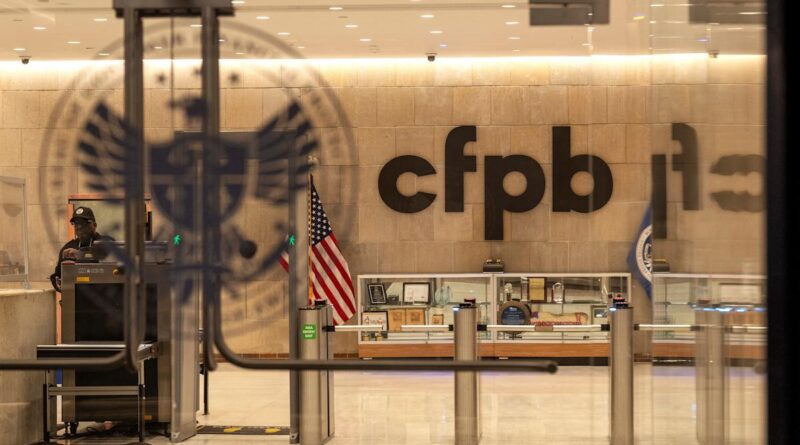The CFPB says it will ‘deprioritize’ protecting student borrowers, people with medical debt
The Consumer Financial Protection Bureau will “deprioritize” efforts to protect student borrowers and people with medical debt, as well as oversight of popular digital payment platforms such as Venmo and Zelle, its leadership announced in a memo Wednesday night.
The note outlining the agency’s new enforcement and supervision priorities under the Trump administration was written by Chief Legal Officer Mark Paoletta and first reported by The Wall Street Journal. It details plans to broadly dial back regulatory efforts and focus most of its remaining energy on large banks instead of tech firms, student loan servicers, and other financial companies that had consumed much of its attention during Joe Biden’s presidency.
The plan would mark a major change in direction for the CFPB, which was created in 2010 in the wake of the housing crisis and Wall Street meltdown that had paralyzed the nation’s economy. The new agency was given the job of enforcing consumer protection laws against the country’s large banks, as well as non-bank financial institutions that previously fell into a regulatory blind spot but were responsible for some of the riskiest lending and most predatory practices heading into the crisis.
In recent years, some of the bureau’s most high-profile efforts have involved policing those non-banks. It has played a particularly central role policing student loan servicers, the massive government contractors responsible for collecting monthly payments from borrowers that have long been a magnet for customer complaints.
In 2024, for instance, the CFPB reached a settlement banning Navient, then the country’s largest servicer, from the industry and fining it $120 million over what it described as years of abuses, including regularly overcharging customers and failing to inform them about their legal rights on repayment. Last May, it sued the Pennsylvania Higher Education Assistance Agency for attempting to collect student loans that had been discharged in bankruptcy.
The agency also made waves late in the Biden administration by taking aim at online payment platforms, suing industry-leader Zelle for failing to prevent fraud on its network and finalizing a rule that would have empowered it to supervise the largest players in the sector.
Read more: 7 common Zelle scams and how to avoid them
Easing the burden of medical debts had been a major priority too: In January, the CFPB completed a rule that would have removed unpaid doctor’s bills from credit reports, an initiative it worked on with former Vice President Kamala Harris.

